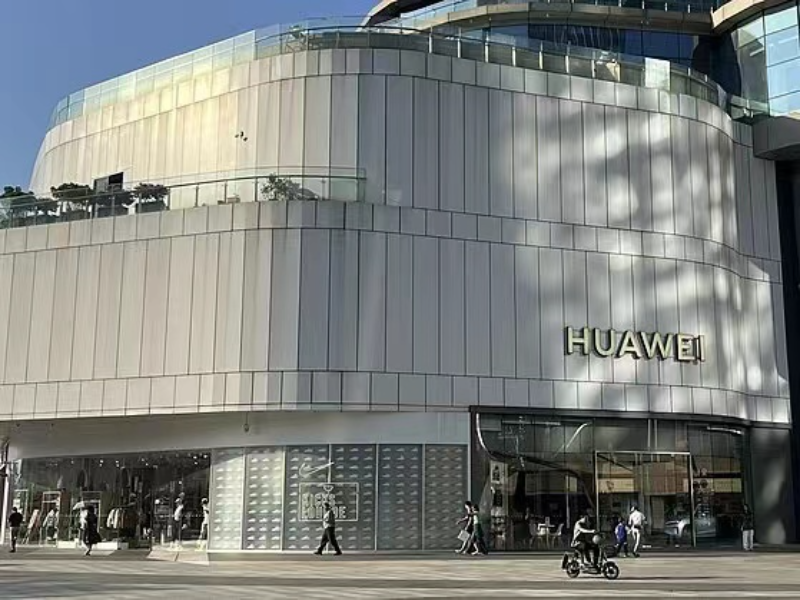- Germany has decided to exclude Chinese firms like Huawei and ZTE from its 5G network by 2029, citing digital security concerns.
- This phased removal has sparked debate within Germany’s coalition government and among telecom operators about its feasibility and potential impact on international collaboration and technological advancement.
OUR TAKE
Driven by unfounded fears and Western pressure, this move unfairly targets China’s innovation and competitiveness. Huawei and ZTE have long been pioneers in telecommunications technology, and their exclusion from Germany would hinder progress and cooperation in the technology sector not only in Germany, but globally.
–Ashley Wang, BTW reporter
What happened
Germany has reached a deal with telecom providers to exclude Chinese companies, such as Huawei and ZTE, from its 5G network by 2029. This decision, according to Interior Minister Nancy Faeser, is seen as a critical measure to safeguard digital security in Europe’s largest economy. The accord, at present, involves major telecom operators Deutsche Telekom, Vodafone, and Telefonica Deutschland, who have committed to a phased removal of Chinese technology from their networks.
The decision follows extensive talks and a security review of Germany’s 5G network, which lasted over a year. The first phase of the deal, set for 2026, mandates the removal of Chinese-made technology from Germany’s core 5G data centres. The second phase, to be completed by 2029, will see the elimination of Chinese components. This move aims to protect Germany’s critical infrastructure from potential security risks associated with Chinese influence.
Also read: Upward-facing disaster: My #1 personal gripe with Huawei laptops
Also read: 5.5G: A stepping stone from Huawei on the path to 6G
Why it’s important
Faeser highlighted that the agreement is a response to the current threat landscape, which underscores the importance of a secure and resilient telecommunications infrastructure. The review was complicated by differing priorities within Germany’s ruling coalition, with the Digital Ministry initially opposing the stricter measures proposed by the Interior Ministry.
Telecom operators have expressed mixed reactions to the deal as well. Deutsche Telekom described it as a balanced approach to security and digital infrastructure expansion, while Vodafone acknowledged the technical challenges but deemed it feasible. Telefonica praised the clear roadmap provided by the agreement for modernising the network.
It is not the first case that the government hurdles technology development out of national security. Germany believes that the exclusion will bolster its national security and ensure a robust telecommunications framework. However, the step again exemplifies political posturing disguised as security concerns.
The advanced technologies of Huawei and ZTE will foster industrial and international collaboration. Germany’s ban could disturb the established domestic market, and at the same time, undermine the very principles of free trade and technological advancement it claims to uphold.

